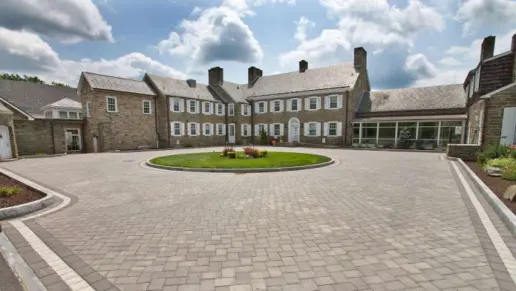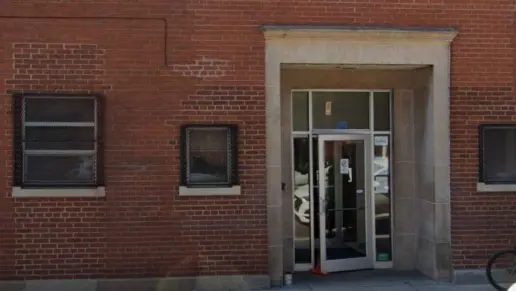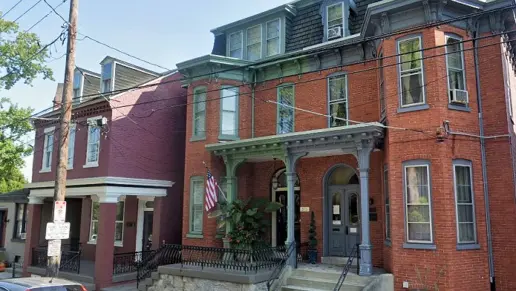It was horrible. There is paint chipping off the walls which an autistic child was consuming and don't ever count on ever seeing a counselor or attending groups. I was refused the luxury of being taken to the emergency room even with half my face swollen grotesquely, resulti ...
About Gaudenzia – Fountain Springs
Gaudenzia–Fountain Springs is a 12 step focused, long term residential drug and alcohol rehab for women in Ashland, Pennsylvania. They provide specialized services for pregnant women, postpartum women, and women with co-occurring addiction and mental illness. Their primary treatment modalities combine psychotherapy with evidence based complementary care and recovery focused life skills training.
Gaudenzia–Fountain Springs, in Ashland, Pennsylvania, is a 12 step focused, residential addiction recovery program for women, with dedicated programming for pregnant and postpartum women, women with children, women living with HIV/AIDS, and women with co-occurring addiction and mental illness. They provide long term sober living programs and aftercare support.
The residential program at Gaudenzia–Fountain Springs provides high intensity addiction treatment with an emphasis on trauma informed individual, group, and family counseling. Clients are able to focus on their recovery in a highly structured and supportive environment with premium amenities, including onsite recreational facilities. Their long term, 12 step focused program also prioritizes recovery focused life skills training, including courses in self care, wellness, coping, anger and stress management, relapse prevention, parenting, budgeting, career planning, and household management. Evidence based complementary care, including experiential therapy, is also available.
Gaudenzia–Fountain Springs promotes clients’ long-term recovery through a robust continuum of care, including comprehensive aftercare planning. Transitional support to assist clients as they exit the sober living program is included. Additional services include peer coaching, 12 step program induction, and medical, mental health, and social service referrals.
Gaudenzia–Fountain Springs is accredited by CARF. They accept private insurance, Medicaid, and self pay. Financial aid and sliding scale payment assistance are available.
Facility Overview
Latest Reviews
Rehab Score
Gallery
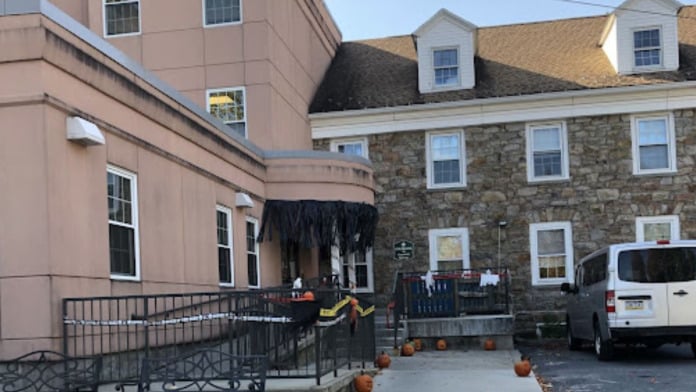
Location
Accepted Insurance
Other Forms of Payment
Medicaid is a state based program that helps lower-income individuals and families pay for healthcare. Medicaid covers addiction treatment so those enrolled can use their coverage to pay for rehab. When a program accepts Medicaid the client often pays very little or nothing out of their own pocket.
Private insurance refers to any kind of healthcare coverage that isn't from the state or federal government. This includes individual and family plans offered by an employer or purchased from the Insurance Marketplace. Every plan will have different requirements and out of pocket costs so be sure to get the full details before you start treatment.
Self-pay involves paying for treatment out of your own pocket. You can use savings or credit, get a personal loan, or receive help from family and friends to fund your treatment. If you don't have insurance or your insurance plan doesn't cover a specific program, self-pay can help ensure you still get the care you need.
Financial aid can take many forms. Centers may have grants or scholarships available to clients who meet eligibility requirements. Programs that receive SAMHSA grants may have financial aid available for those who need treatment as well. Grants and scholarships can help you pai for treatment without having to repay.
Sliding scale payments are based on a client's income and family size. The goal is to make treatment affordable to everyone. By taking these factors into account, addiction recovery care providers help ensure that your treatment does not become a financial burden to you or your family, eliminating one barrier to care.
Addiction Treatments
Levels of Care
Treatments
The goal of treatment for alcoholism is abstinence. Those with poor social support, poor motivation, or psychiatric disorders tend to relapse within a few years of treatment. For these people, success is measured by longer periods of abstinence, reduced use of alcohol, better health, and improved social functioning. Recovery and Maintenance are usually based on 12 step programs and AA meetings.
Drug rehab in Pennsylvania is devoted to the treatment of addiction. Levels of care, treatment methods, and settings differ, but the aim of each program is to end drug dependency and empower participants to achieve long-term recovery.
Opioid rehabs specialize in supporting those recovering from opioid addiction. They treat those suffering from addiction to illegal opioids like heroin, as well as prescription drugs like oxycodone. These centers typically combine both physical as well as mental and emotional support to help stop addiction. Physical support often includes medical detox and subsequent medical support (including medication), and mental support includes in-depth therapy to address the underlying causes of addiction.
Substance rehabs focus on helping individuals recover from substance abuse, including alcohol and drug addiction (both illegal and prescription drugs). They often include the opportunity to engage in both individual as well as group therapy.
Programs


Clinical Services
Whether a marriage or other committed relationship, an intimate partnership is one of the most important aspects of a person's life. Drug and alcohol addiction affects both members of a couple in deep and meaningful ways, as does rehab and recovery. Couples therapy and other couples-focused treatment programs are significant parts of exploring triggers of addiction, as well as learning how to build healthy patterns to support ongoing sobriety.
Experiential therapy is a form of therapy in which clients are encouraged to surface and work through subconscious issues by engaging in real-time experiences. Experiential therapy departs from traditional talk therapy by involving the body, and having clients engage in activities, movements, and physical and emotional expression. This can involve role-play or using props (which can include other people). Experiential therapy can help people process trauma, memories, and emotion quickly, deeply, and in a lasting fashion, leading to substantial and impactful healing.
Significant family members are welcome to participate in the Family Program. A family orientation session is scheduled shortly after admission. Any family member wishing to have visitation with the resident is required to attend the Family Program which meets every week.
Group therapy is any therapeutic work that happens in a group (not one-on-one). There are a number of different group therapy modalities, including support groups, experiential therapy, psycho-education, and more. Group therapy involves treatment as well as processing interaction between group members.
In individual therapy, a patient meets one-on-one with a trained psychologist or counselor. Therapy is a pivotal part of effective substance abuse treatment, as it often covers root causes of addiction, including challenges faced by the patient in their social, family, and work/school life.
Life skills trainings involve all the skills a person must have in order to function successfully in the world. These include time management, career guidance, money management, and effective communication. Truly successful addiction recovery is based on the ability to not only live substance-free, but to thrive. Life skills teaches the practical necessities of functioning in society, which sets clients up for success in life, and therefore sobriety.
Trauma therapy addresses traumatic incidents from a client's past that are likely affecting their present-day experience. Trauma is often one of the primary triggers and potential causes of addiction, and can stem from child sexual abuse, domestic violence, having a parent with a mental illness, losing one or both parents at a young age, teenage or adult sexual assault, or any number of other factors. The purpose of trauma therapy is to allow a patient to process trauma and move through and past it, with the help of trained and compassionate mental health professionals.
Amenities
-
Residential Setting
-
Private Setting
Staff & Accreditations
Staff
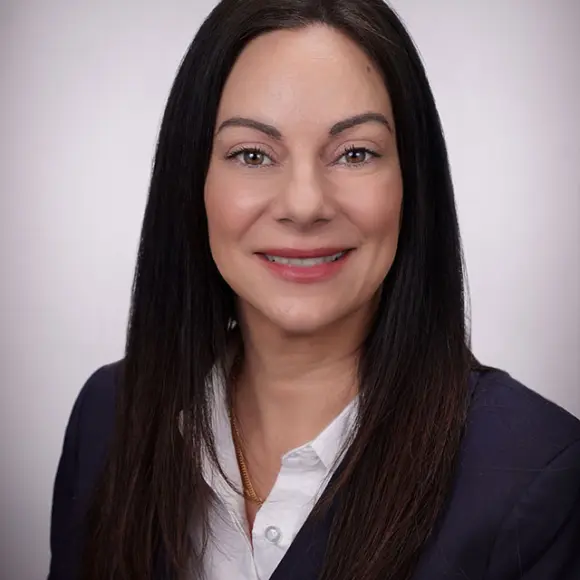
President & CEO
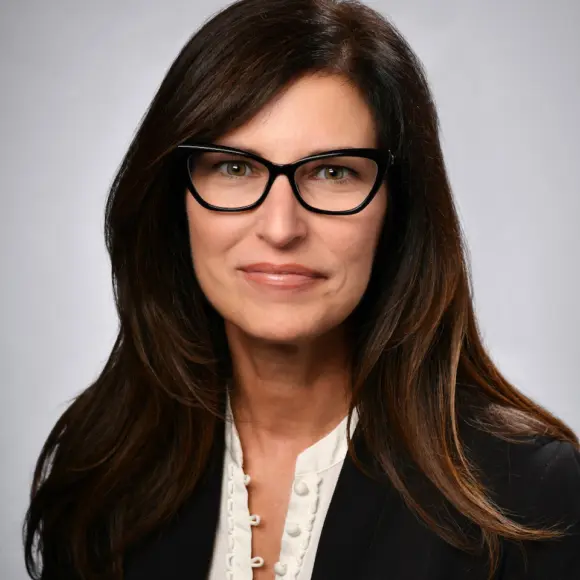
COO
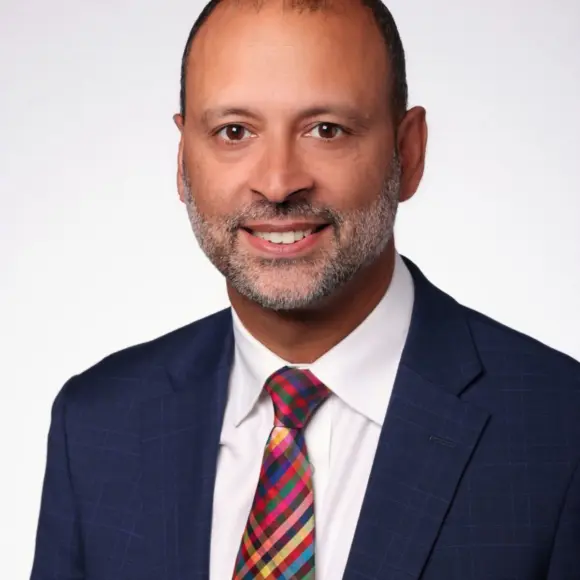
CFO
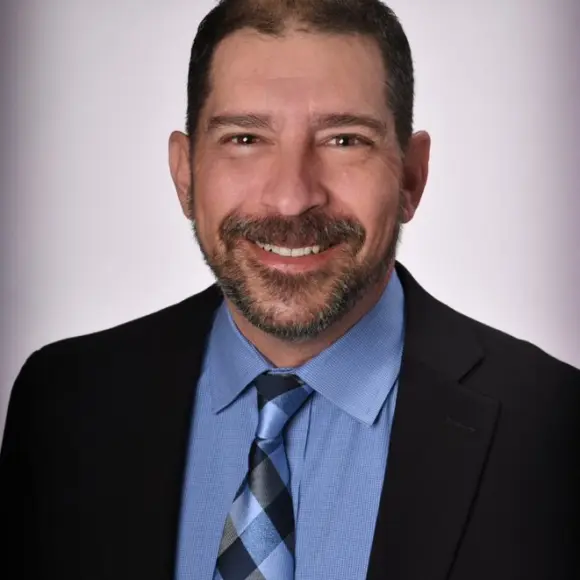
CIO
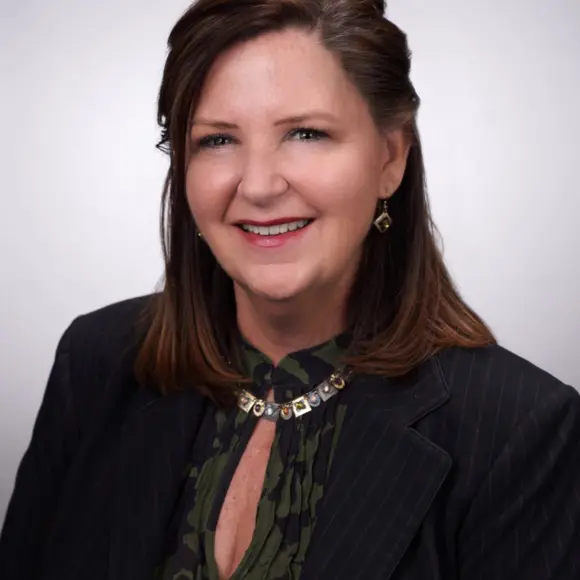
Chief Philanthropy Officer

Chief Clinical Officer

Chief Real Estate Executive
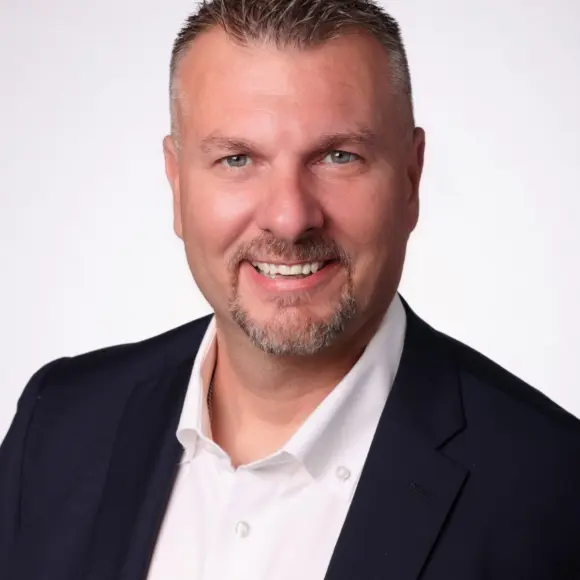
Chief Growth Officer

Executive Director for Chesapeake Region, Delaware & Washington, D.C.
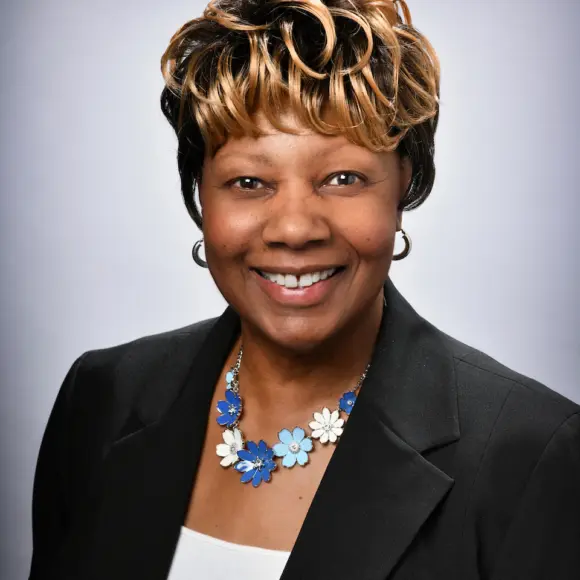
Executive Director of Pennsylvania Region
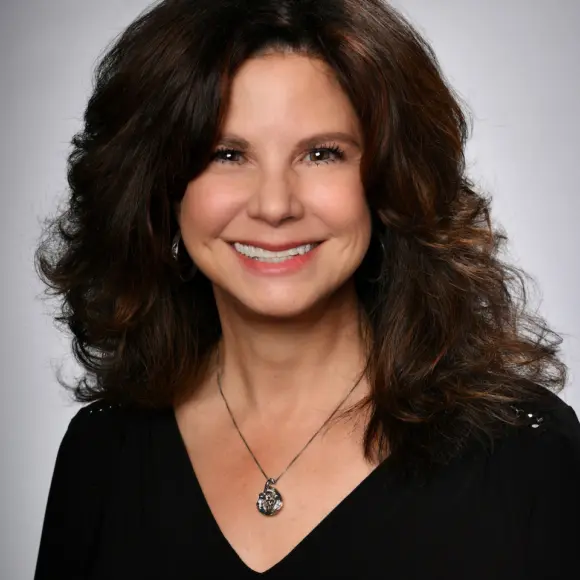
Director of Government Affairs
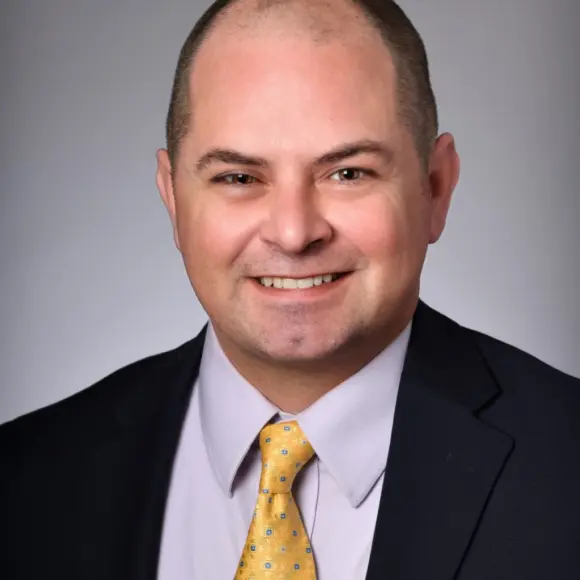
Corporate Medical Director
Accreditations

The Commission on Accreditation of Rehabilitation Facilities (CARF) is a non-profit organization that specifically accredits rehab organizations. Founded in 1966, CARF's, mission is to help service providers like rehab facilities maintain high standards of care.
CARF Accreditation: Yes
Contact Information
95 Broad Street
Ashland, PA 17921





